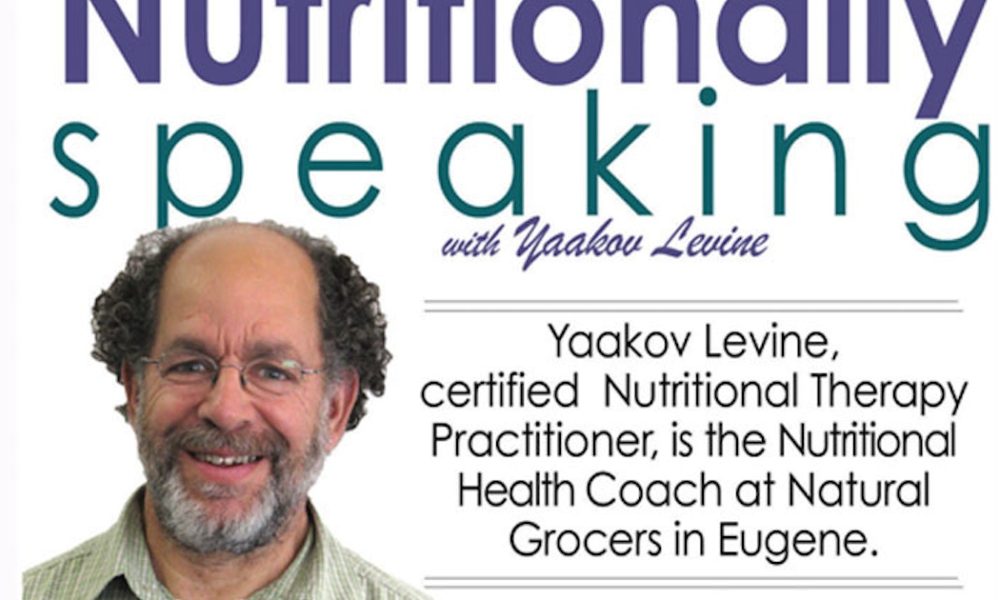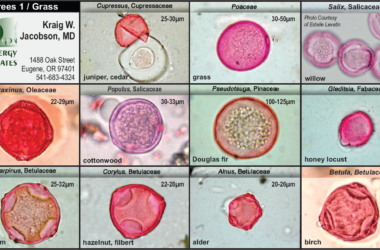
We are all born with the ability to taste five distinctly different tastes. We can taste sweet, sour, salty, bitter and umami – which we know as savory, and is translated from the Japanese as ”deliciousness”. Most of us regularly consume sweet, salty, umami and sometimes even sour foods but we seldom eat bitter foods – at least not on purpose.
Many people seek my guidance as to the best enzyme formulas to take to support digestion. The secret to supporting digestion is simple, but we often complicate matters with our lifestyles that often (or almost always, for many people) include multitasking – eating a meal while being occupied with other tasks.
When we stop all activities to enjoy a meal, we send signals throughout our bodies, particularly to our digestive system: ”Food is on the way; let’s all do our jobs to take reap the benefits of all of the micronutrients.” That’s the ”magic” pill that supports digestion. We often need a bit of help, and the bitter taste is often a big help in this process.
I recently took advantage of unseasonably warm weather (and a day off from work), and enjoyed my lunch out on the porch. I started my meal with a bowl of salad which included arugula, known for its bitter, pungent flavor, and other bitter greens topped with a splash of olive oil, apple cider vinegar and a pinch of lemon pepper. Since I started the meal with bitter-tasting greens, I will most likely digest the meal efficiently.
In Europe, there has long been a traditional ”spring cure” with dandelions and other bitter, acrid-tasting herbs such as wild garlic. Many present-day Europeans finish their meals with bitter elixirs or aperitifs which tonify and support proper digestion.
According to herbalist Peter Theiss in ”The Family Herbal,” bitter-tasting foods support liver function, and he sees this relationship since the liver produces the bitter-tasting bile that we use to digest fats. The bile is produced in the liver, stored in the gallbladder and expelled as needed to help digest fats we ingest.
By supporting liver function, we also support the liver’s conversion of stored glycogen to sugar as we need it to support blood sugar balance. Bitter-tasting foods also support the release of enzymes from the pancreas that digest proteins, fats, fiber and carbohydrates.
Learn to enjoy the bitter-tasting arugula, and radicchio and other greens often as part of salad mixes (not talking about Iceberg lettuce) from the produce department, and know that they will support your digestion and liver function.
These bitter greens are easy to grow, and could be available in your own backyard!
For those who do not always have bitter-tasting foods available there are some herbal digestive aids available. One herb, Gentian (Gentiana lutea) is very bitter, and a small amount of diluted liquid extract will immediately trigger your body’s flow of saliva and digestive ”juices.”
Some people enjoy the taste of India Pale Ale beer, (IPA). These beers have a greater amount of hops in the recipe. Hops (Humulus lupulus) are another popular, bitter-tasting herb and will support your digestive process as well.
The ”hoppy”-tasting beer and the bitter-tasting salad mixes we regularly eat are not part of our diets by chance. These traditions come from a time when we were taught by our parents (or grandparents) what foods to eat to be healthy, along with teaching us to tie our shoelaces and brushing our teeth.
For recent generations, with the availability of convenience foods and the commercials promoting them, we have given away the task of teaching our children about foods.
We will all benefit from reclaiming the knowledge of our ancestors. I invite you to talk to your parents and grandparents about what they ate before fast food and convenience food. My mother spent her childhood in Europe, and often shared stories of her mother’s and grandmother’s gardens and the traditional, health-supporting foods that came out of their kitchens.
I invite you to explore and experience all of the tastes we detect on our taste buds – and you just might discover optimal health in the process!
For more information on this and other health-related topics, come in to see me at the Eugene Natural Grocers store. We offer free classes and free one-on-one health coaching sessions (call 541-345-3300). View our schedule of free classes at: http://www.naturalgrocers.com/store-locations/eugene/.







